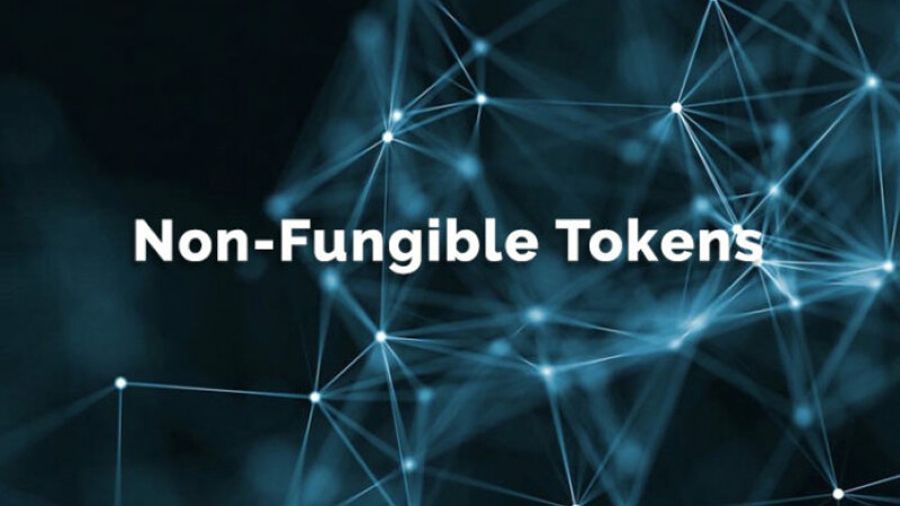Cryptocurrency project Tron has introduced a new TRC-721 standard for non-fungible tokens (NFT). This will empower developers.
NFTs are collectible tokens with unique characteristics. Each NFT contains an owner identification number, extended metadata, file links and other identifying information recorded in the smart contract. It is this data that ensures the uniqueness and immutability of each NFT.
NFT standards are widely used in various fields where blockchain is applied. However, most of NFT is based on Ethereum (ERC-721 standard and its enhancements).
The number of decentralized finance (DeFi) projects interested in integrating with NFT to improve their ecosystems is constantly growing. Therefore, Tron developers believe that the TRC-721 standard will open up many opportunities for developers creating new blockchain-based applications.
Each TRC-721 based token has a unique identifier, which allows real elements to be digitally moved without compromising their value. Tokens created based on the TRC-721 standard will represent any digital type of tangible asset in the real world. People will be able to own and manage data associated with a specific material object or document. This will protect industries that are prone to fraud, plagiarism, or product counterfeiting.
Tron founder Justin Sun said that developers will be able to more effectively apply TRC-721 to their products and applications thanks to Tron’s efficient infrastructure. Sun expressed the hope that in the future the TRC-721 standard will find different uses, which will make the cryptoeconomy stronger and increase the uniqueness of blockchain technology.
However, despite the rapid development of NFT, some members of the cryptocurrency community believe that this industry should not be placed on high hopes. For example, Gary Bracey, CEO of the Terra Virtua platform, said that for the sustainable development of the NFT industry, massive introduction of collectible tokens is necessary.







